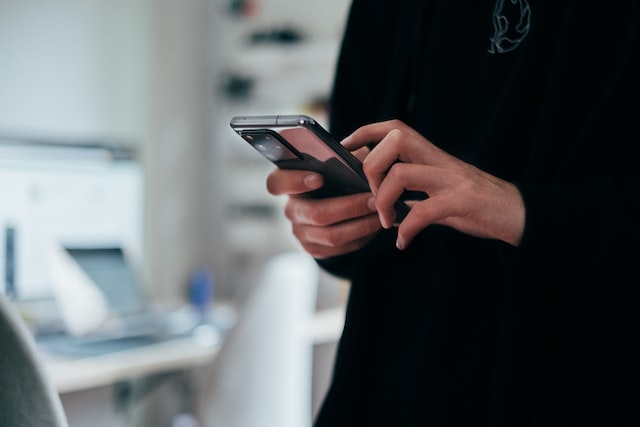The smartphone is our most personal device, but it’s also one of the most vulnerable. Some of us spend a lot of time on our phones and often look for different ways to keep it protected, whether it’s having a Degoogled Phone or ensuring that you have an updated security system.
Our phones contain all kinds of personal information, from photos and contacts to financial data and passwords. If a bad actor gets their hands on your phone, you can’t stop them from accessing everything about you. There are steps you can take to make your smartphone more secure:
Scrutinize your permissions.
You should scrutinize your permissions for your phone to keep it safe and prevent malicious software from stealing your personal information. Malware is a type of computer virus that can be installed on your phone without knowing it. These viruses are often hidden in apps and can do everything from stealing your credit card information to accessing personal photos.
When you install an app, you’ll see a list of permissions that the app requires in order to run properly—these are basically like rules that the app must follow. For example, if an app asks for access to your contacts list or location data, you should be suspicious and think twice about installing it! Also, if an app asks for more than one permission at once (like location data AND contact lists), that should raise some red flags for you.
Enable two-factor authentication.
Two-factor authentication is a way to improve your phone’s security by requiring a second authentication factor when logging in. This means you will need to provide something extra, such as a code from an app or a text message, in addition to your username and password.
Enabling two-factor authentication for your phone is important because it helps protect against unauthorized access. When you’re using two-factor authentication, there’s no way anyone else can log into your account without knowing both your username and password, plus the secret code they get from their app or text message.
Use a password manager.
You should use a password manager for your phone to keep it safe because it can help you create, store, and manage all of your passwords in one place. This means that you won’t have to remember all of the passwords for all of your accounts or write them down somewhere where someone else could find them. Instead, you can just use one password manager to get into everything!
Password managers also make it easy to change your passwords when they need to be updated—and this is important because most websites will tell you when they’ve been hacked or compromised, but they don’t always go out of their way to tell you that they’ve changed their password requirements.
If you didn’t know about these changes, you could end up logging into an account with the wrong information. But if you’re using a password manager like Keeper (which has a handy feature called “Password Alerts”), it’ll let you know right away when something like this happens and give you tips on how best to proceed.
Set up a device lock
If you want to keep your phone safe from theft, you should set up a device lock. A device lock is a security feature that requires you to enter a passcode before you can use the phone. This means that if someone tries to steal your phone, they won’t be able to access any of the data on it unless they know the passcode.
Setting up device locks also helps you protect against data breaches and other cyberattacks. If your phone is stolen and the thief tries to access data on it, they’ll have difficulty doing so without knowing the passcode.

